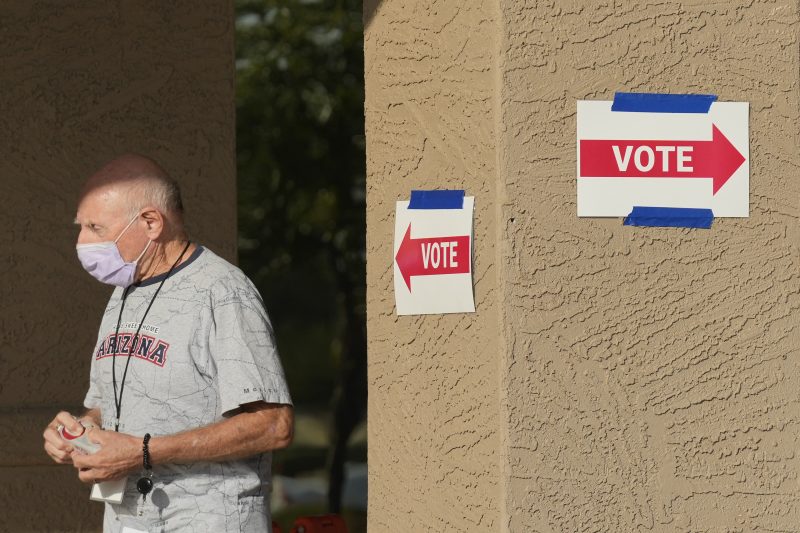In a recent development, the state of Arizona is contemplating a significant change in its voter registration process that could have far-reaching implications for residents. The proposed change involves requiring individuals to provide proof of citizenship when registering to vote. This move stems from concerns over the integrity of the voting system and ensuring that only eligible citizens have the right to vote.
The debate surrounding the requirement for proof of citizenship on state voter forms is a contentious one, with proponents and opponents presenting strong arguments on both sides of the issue. Proponents of the change argue that mandating proof of citizenship will help prevent voter fraud and ensure that only those who are legally entitled to vote can participate in the democratic process. They believe that this measure is necessary to safeguard the sanctity of the electoral system and maintain the integrity of elections.
On the other hand, opponents of the proposed change assert that requiring proof of citizenship could disenfranchise certain groups of voters, particularly those who may have difficulty obtaining the necessary documentation. They argue that such a requirement could disproportionately affect marginalized communities and create unnecessary barriers to voter registration. Critics also raise concerns about the potential impact on voter turnout and participation, suggesting that the new requirement could deter eligible voters from registering and exercising their right to vote.
The decision to require proof of citizenship on state voter forms is not one to be taken lightly, as it has profound implications for the democratic process and the fundamental right to vote. It is essential for policymakers to carefully weigh the arguments presented by both sides and consider the potential consequences of such a change.
As the debate in Arizona continues, it is crucial for all stakeholders to engage in constructive dialogue and seek common ground on how best to ensure the integrity of the voting system while upholding the right of all eligible citizens to participate in elections. Ultimately, the goal should be to find a balanced approach that safeguards against voter fraud without unduly burdening or disenfranchising any segment of the population.
In conclusion, the debate over whether to require proof of citizenship on state voter forms in Arizona is a complex and multifaceted issue that touches upon fundamental principles of democracy and electoral integrity. It is essential for policymakers to carefully consider the implications of such a change and strive to find solutions that strike a balance between preventing voter fraud and protecting the rights of all eligible citizens to participate in the democratic process.




























